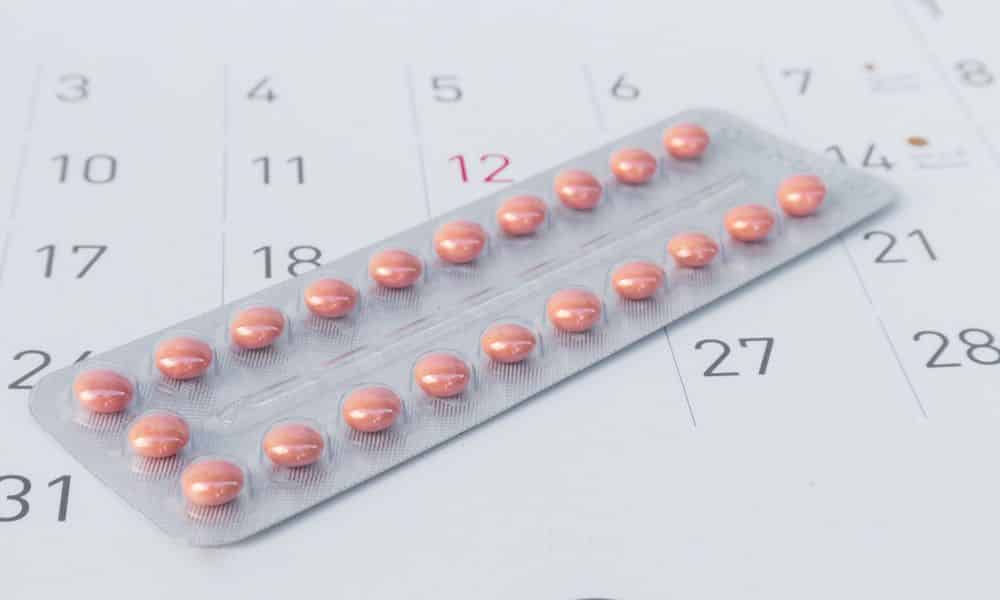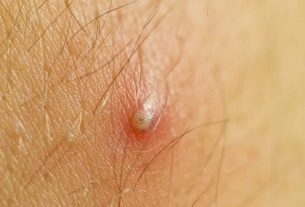Do you know what the side effects of the morning-after pill are? Before ingesting it, it is important to take precautions.
The morning-after pill is used as an emergency contraceptive method. The alternative is an extra for women who need to replace the effect of the contraceptive normally used when forgotten, such as contraceptives or condoms, for example. In principle, it can be taken up to 5 days after intimate contact, depending on its composition. However, the morning-after pill has side effects that must be known in advance before resorting to the option.
The medication may consist of either levonorgestrel or ulipristal acetate, responsible for inhibiting and delaying ovulation. Regarding the period in which the pill can be taken, for levonorgestrel, the effect lasts for up to 3 days. In the case of ulipristal acetate, it can be used up to 5 days after sexual intercourse. However, for its effectiveness to be greater, it is recommended to use the morning-after pill as soon as possible, preferably during the 72 hours before sexual intercourse.
In any case, the pill should only be used in emergency cases, as its composition causes major hormonal changes in the body. Furthermore, its possible side effects are varied and uncomfortable, and should serve as a warning against uncontrolled use of the medication.

How does the morning after pill?
Firstly, it is essential to understand that the pill is not an abortifacient. It works so that ovulation is inhibited or delayed, making it difficult for sperm to enter the uterus. To achieve this, the medication makes the cervical mucus thicker, which prevents movement, in addition to making the endometrium unreceptive to pregnancy.
If implantation has already occurred, that is, if the pregnancy is ongoing, the morning-after pill will have no effect. Therefore, there is no possibility of abortion.
Side effects of the morning after pill
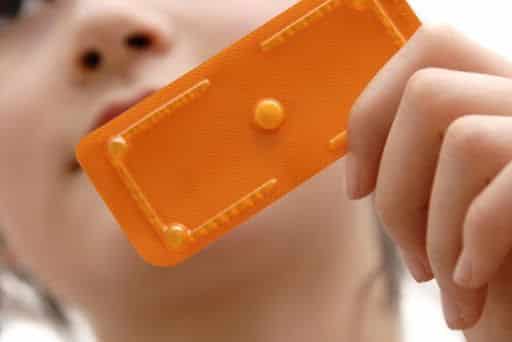
Because it contains a high level of hormones that cause changes in the body, the risk of suffering from the symptoms of the pill is high. Side effects range from nausea, diarrhea, headache and abdominal pain, breast tenderness, minimal vaginal bleeding and even delay or postponement of menstruation. Furthermore, if the medicine is used frequently, the tendency for it to lose its effectiveness is increasing, but not due to the failure of the medicine, but rather due to exposure to unprotected sexual intercourse.
Check below what to do to treat or even avoid some of the side effects of the morning-after pill.
1 – Nausea
In order to reduce nausea, it is important to eat right after taking the pill. For nausea that becomes uncomfortable throughout the day, home remedies such as ginger or clove tea with cinnamon are a great option to alleviate the symptom. There are also antiemetic medications, designed to prevent emesis, or vomiting.
2 – Diarrhea
Beforehand, it is necessary to drink a good dose of liquid during the day. Fatty foods, alcoholic beverages, milk and eggs should be avoided. As a home remedy, black tea, guava leaf tea or chamomile tea are of great help.
3 – Headache and abdominal pain
To resolve headaches and abdominal pain, you can simply take an analgesic, such as dipyrone and paracetamol, found in any pharmacy.
4 – Breast sensitivity
Breast tenderness and possible pain can be extremely uncomfortable. In order to remedy the symptom, massages should be performed in the region, with the help of a good hot bath and warm compresses.
Other precautions
In addition to its side effects, the morning-after pill also has other characteristics that should be known in advance before ingesting it. Likewise, if any symptoms persist, it is necessary to consult a doctor.
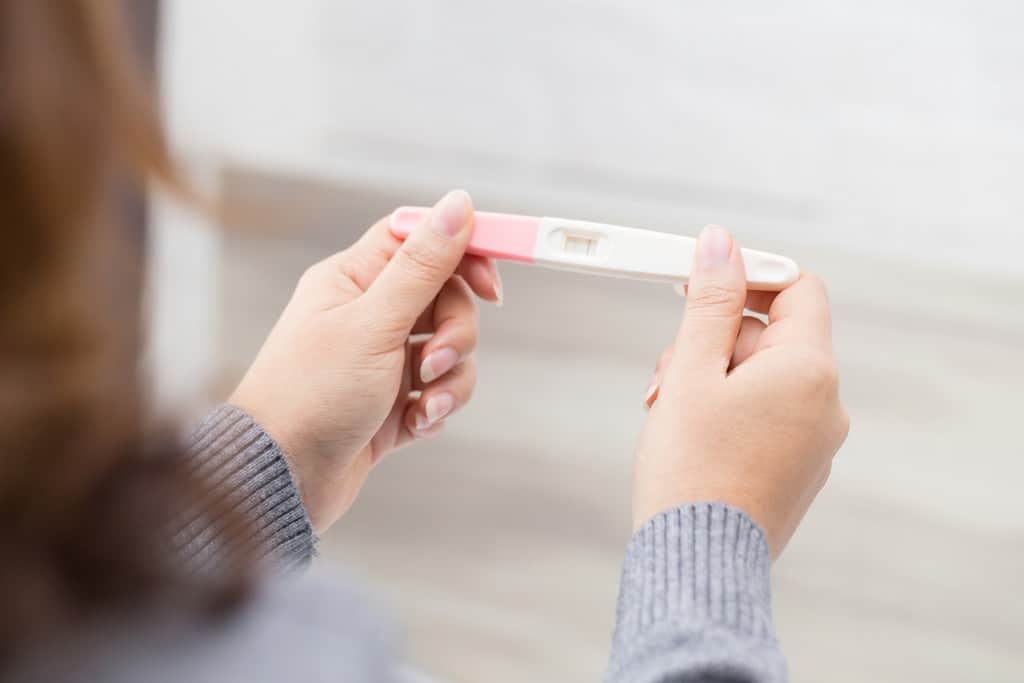
1 – Morning-after pill and pregnancy
Even with such effectiveness, the chance of the pill failing still exists, as its effects are not 100% guaranteed. Generally, deviation can occur when the medicine is ingested after the indicated 72 hours. However, in order to guarantee its success, you must wait for your period or take a pregnancy test one week after taking it.
There are also other possibilities that prevent the guarantee of its effectiveness, such as vomiting or diarrhea up to 4 hours after ingestion, routine antibiotics and other medications that reduce the effect of the morning-after pill or if ovulation has already occurred.
2 – Morning-after pill and infertility
Despite its symptoms and the large number of precautions to be taken for the morning-after pill to work properly, there is no relationship between the medication and infertility. Therefore, there is no association between the medication and uterine malformations or ectopic pregnancy.
3 – Who should not take it
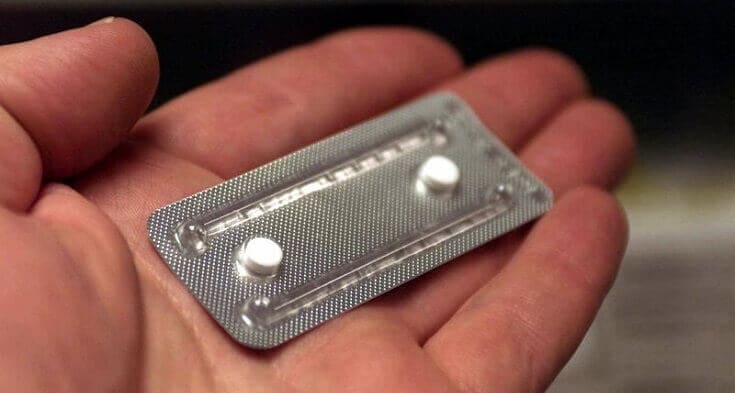
The morning-after pill should not be taken by men, pregnant women or women while breastfeeding, not even by those who are allergic to any of the medication’s components. Furthermore, in the case of morbid obesity, high blood pressure, cardiovascular problems or bleeding, it is crucial to consult a doctor before making any decision.
The rule also applies to women who smoke, with a history of liver and kidney disease, thrombosis and diabetes. Despite this, the contraindication does not mean that the medicine cannot be consumed at all, but rather that precautions must be taken before the act.
4 – Contraceptive after the morning-after pill
The contraceptive is indicated after using the medication because it is capable of regulating menstruation, which can sometimes be delayed or postponed due to the abnormal dose of hormones in the pill. However, the situation only applies if the morning-after pill was taken after the contraceptive routine had been broken. If your period does not stop after finishing the pack, you should consult a doctor.
5 – Fertile period
The effectiveness of the morning-after pill can be tested during the fertile period. This occurs because ovulation may have already occurred, preventing the medicine from working as well as possible. The effect of the pill, after all, is to postpone or delay ovulation, which will have no purpose if the process has already occurred. Despite this, by making it difficult for sperm and egg to pass through the uterine tubes and making cervical mucus thicker, preventing sperm penetration, pregnancy can still be prevented.
What did you think of that subject? If it interested you, you might also like How does the IUD work? Copper and Mirena, advantages + effectiveness of the method
Sources: Tua Saúde, Tua Saúde, Uol, Unimed
Images: Super Interesting, Santa Casa, Dicas de Mulher, PFarma, Transforme-se, Qoctor

Sign up for our newsletter and stay up to date with exclusive news
that can transform your routine!
Warning: Undefined array key "title" in /home/storelat/public_html/wp-content/plugins/link-whisper-premium/templates/frontend/related-posts.php on line 12
Warning: Undefined array key "title_tag" in /home/storelat/public_html/wp-content/plugins/link-whisper-premium/templates/frontend/related-posts.php on line 13

